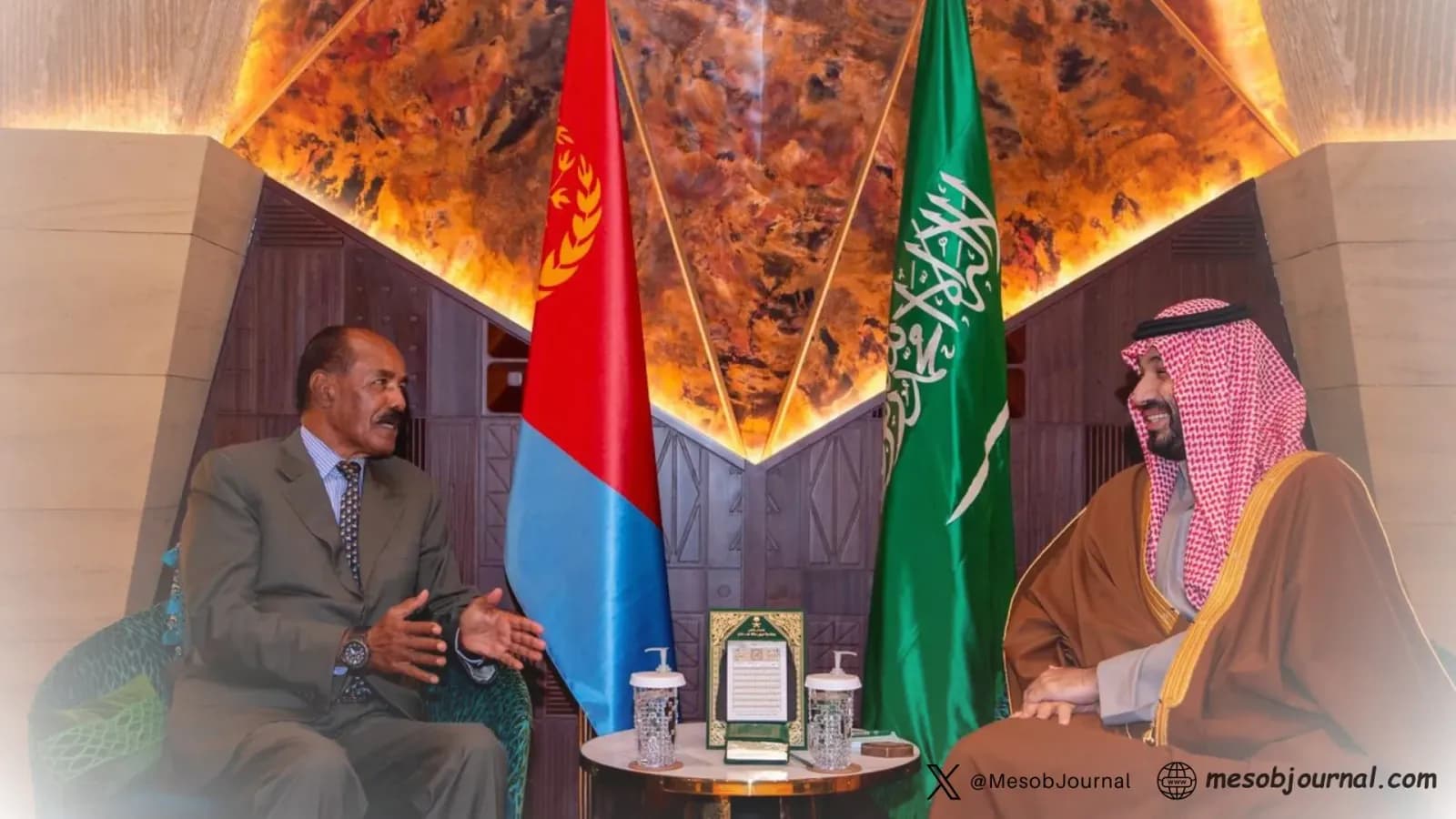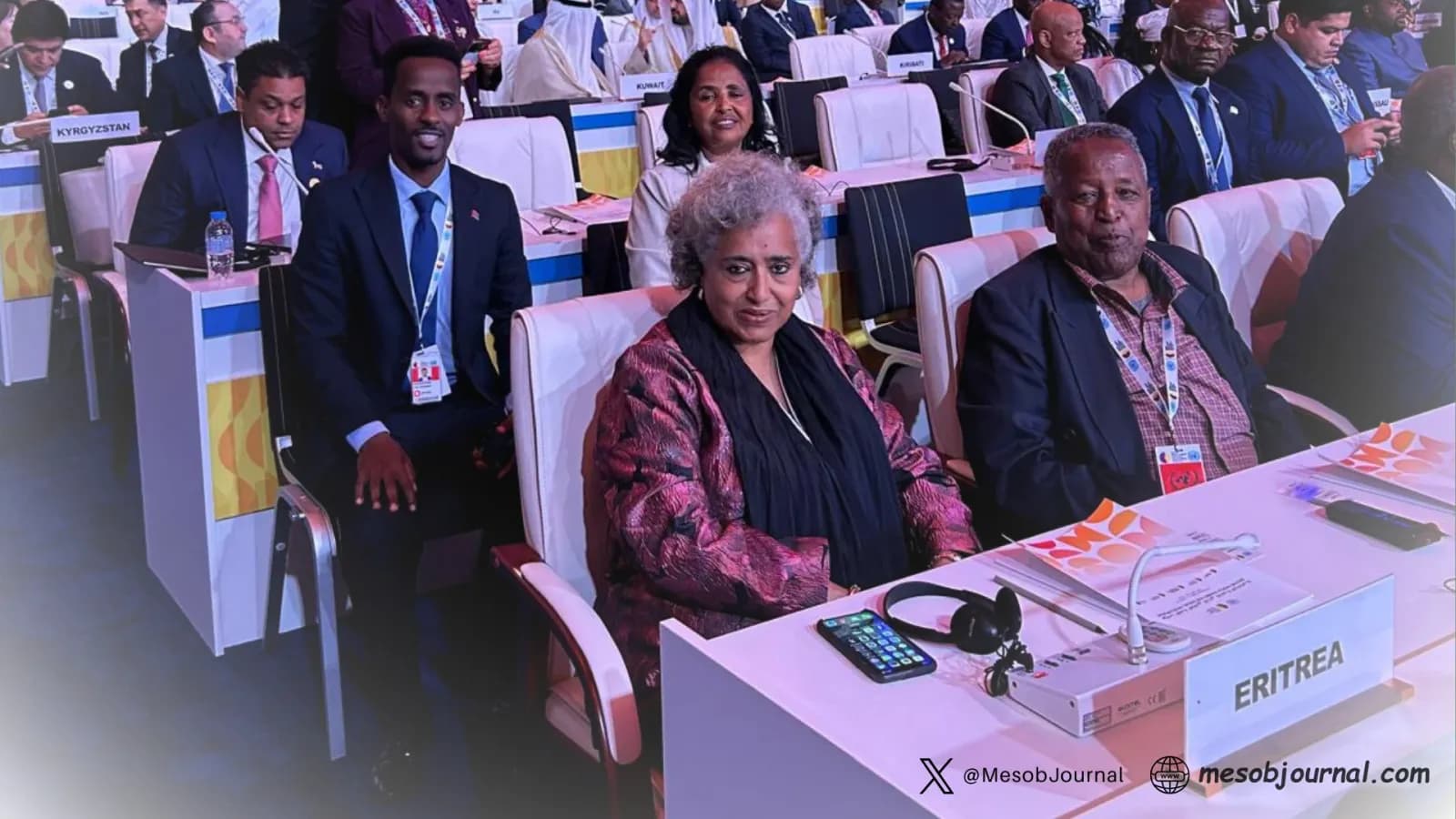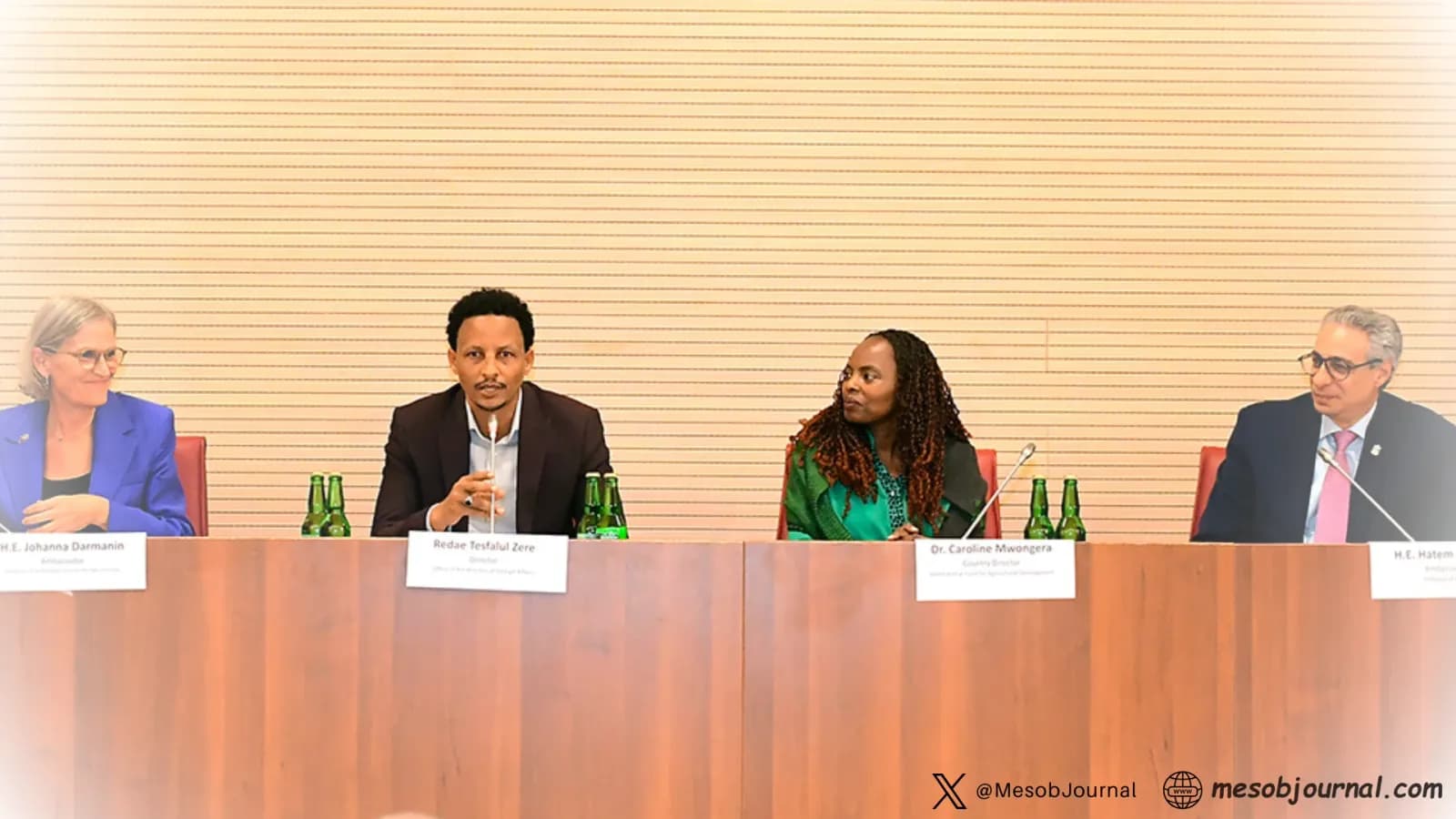Eritrea Challenges U.S. “Investment Climate” Report as Outdated

Eritrea has challenged the accuracy and intent of the latest Investment Climate Statement on Eritrea published by the U.S. State Department in late September, describing the annual assessment as factually flawed and politically outdated.
Information Minister Yemane G. Meskel, reacting on social media, said the 2025 report was “replete with factual inaccuracies and policy misinterpretations,” adding that the broader practice of issuing unsolicited economic “report cards” on sovereign nations was “a relic of old times.”
“The utility and validity of these intrusive, condescending annual ‘bill of health certificates’ is tenuous,” the minister wrote, expressing hope that such practices would eventually be “overhauled” by the Trump administration.
Outdated Templates, Selective Reading
The U.S. Investment Climate Statement—intended to inform American investors—portrays Eritrea as a tightly controlled economy with limited room for private initiative. But economists and regional observers argue that this view ignores the substantial structural reforms and major resource investments under way.
In 2021, Eritrea updated its investment proclamation, simplifying licensing, streamlining joint-venture registration, and reaffirming profit-repatriation guarantees. The government’s wider policy centers on self-financed development—building roads, energy grids, and agro-industrial bases without the crippling debt common across the region.
The U.S. report relies heavily on secondary commentary while offering little engagement with primary data or on-site verification. “It feels like an inherited document,” said one regional analyst. “Paragraphs from a decade ago are simply copied forward, while the actual economy is quietly evolving.”
The Potash Test: Colluli and Beyond
Perhaps the most visible sign of that evolution is the Colluli Potash Project in the Danakil Depression, one of the world’s largest undeveloped potash deposits. Operated by Colluli Mining Share Company (CMSC)—a 50-50 joint venture between Eritrea’s National Mining Corporation (ENAMCO) and foreign partners—the site contains over a billion tonnes of potassium salts starting at depths of just 16 meters.
The project aims to produce sulfate-of-potash (SOP), a high-grade, chloride-free fertilizer sought by global agriculture markets. In 2023, Australia’s Danakali Ltd sold its 50 percent stake to China’s Sichuan Road & Bridge Group (SRBG) for more than US $100 million upfront, signaling renewed confidence from Asian investors even as Western financing remained cautious.
Logistically, Colluli’s proximity to the Red Sea—about 75 km to the coast—gives it a freight advantage over inland producers. Once commercial operations begin, Eritrea is projected to join the top tier of African fertilizer exporters.
Analysts view the project as a litmus test for how Eritrea balances foreign participation with sovereign oversight. The structure ensures state ownership through ENAMCO while inviting long-term capital—an approach that Western reports often misread as “state control” rather than prudent risk management.
Beyond Potash: A Broader Investment Story
Mining remains the backbone of Eritrea’s foreign-exchange earnings, but it is not the whole story. The country hosts gold, copper, and zinc operations, and continues to attract exploratory interest despite global market volatility.
Meanwhile, international and regional institutions are returning:
- The Africa Finance Corporation admitted Eritrea as a member in 2019 and pledged US $150 million toward mining and infrastructure financing.
- The African Development Bank’s Drought Resilience and Sustainable Livelihoods Programme has funded dozens of small and medium dams that are transforming arid landscapes into irrigated farmland.
- The International Fund for Agricultural Development (IFAD) has invested more than US $240 million in rural livelihoods, reaching over half a million households.
These projects demonstrate that Eritrea’s development path is multi-sectoral—linking mining revenues to agriculture, infrastructure, and human capital rather than short-term consumption.
Self-Reliance Misread as Isolation
For Asmara, the philosophy remains consistent: prioritize sovereignty, food security, and relatively debt-free growth before speculative inflows. That stance is often misinterpreted abroad as “isolationism.” In reality, Eritrea maintains active cooperation within the Horn of Africa and invites investment “based on mutual respect and non-interference.”
“Eritrea is not against investment,” noted one Eritrean observer familiar with the country’s economic policy. “What it resists are the types of deals that erode ownership or compromise national values. That difference is fundamental — and often misunderstood abroad.”
A Call for Fair Assessment
The dispute over the Investment Climate Statement reflects a larger question: who gets to define an economy’s “health”? Eritrea’s officials argue that a nation developing on its own terms should not be measured by Cold War-era templates or external political preferences.
While challenges remain—financing bottlenecks, logistical upgrades, and regulatory modernization—these are realities shared by many developing states, not unique defects. As Minister Yemane suggested, the real modernization may need to occur within the institutions still issuing one-sided evaluations.
Related stories

REDISCOVERING ERITREA: A UN Resident Coordinator’s Testimony of Progress and Potential
In a world crowded with assumptions and secondhand narratives, firsthand testimony matters. Over the past two years, the United Nations Resident Coordinator in Eritrea has offered exactly that: a grounded, lived account of a country often discussed from afar but rarely understood

Riyadh Signals a Strategic Reset: President Isaias and Crown Prince Mohammed Bin Salman Hold High-Level Talks in Saudi Arabia
When President Isaias Afwerki arrived at Al Yamamah Palace on Wednesday afternoon, the tone was clear from the outset: this was not a ceremonial courtesy call, but a strategic conversation between two states that share more than a stretch of the Red Sea. Eritrea and Saudi Arabia —

Eritrea urges reform of an unequal global order at Doha Social Summit
Eritrea has urged the international community to confront what it described as “structural injustices” in the global development system, warning that social progress cannot flourish under conditions of dependency or inequality. Addressing the Second World Summit for Social Develo

Eritrea and the UN: A New Language of Partnership
Why the UN’s approach in Asmara may be the most important development story Africa isn’t talking about. The hall at the National Confederation of Eritrean Workers was full, alive with an energy I hadn’t felt before at any event hosted by international partners in Asmara. The even

